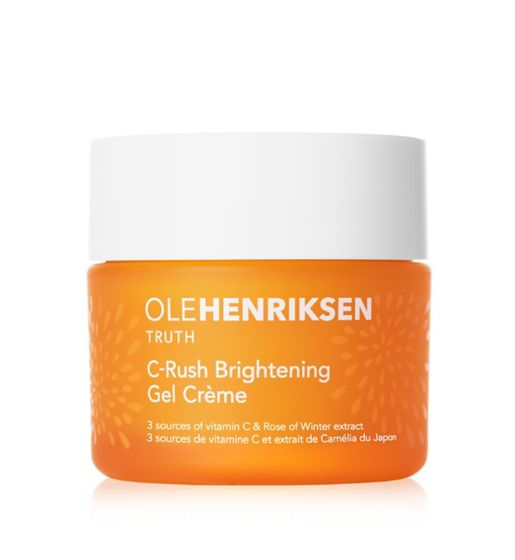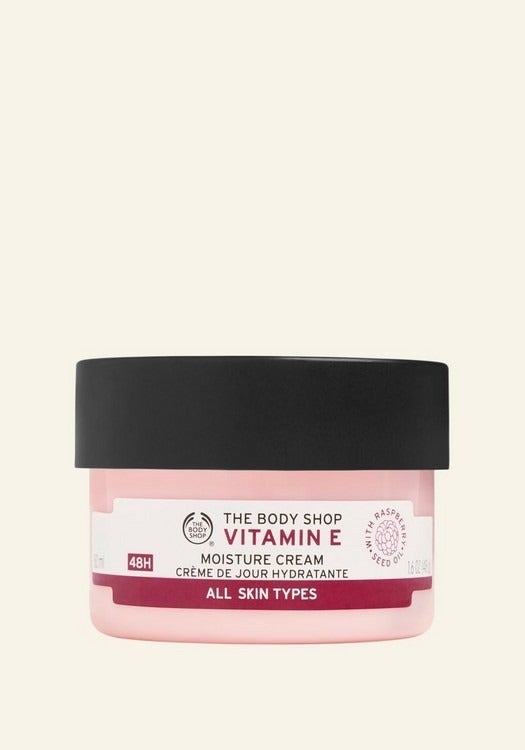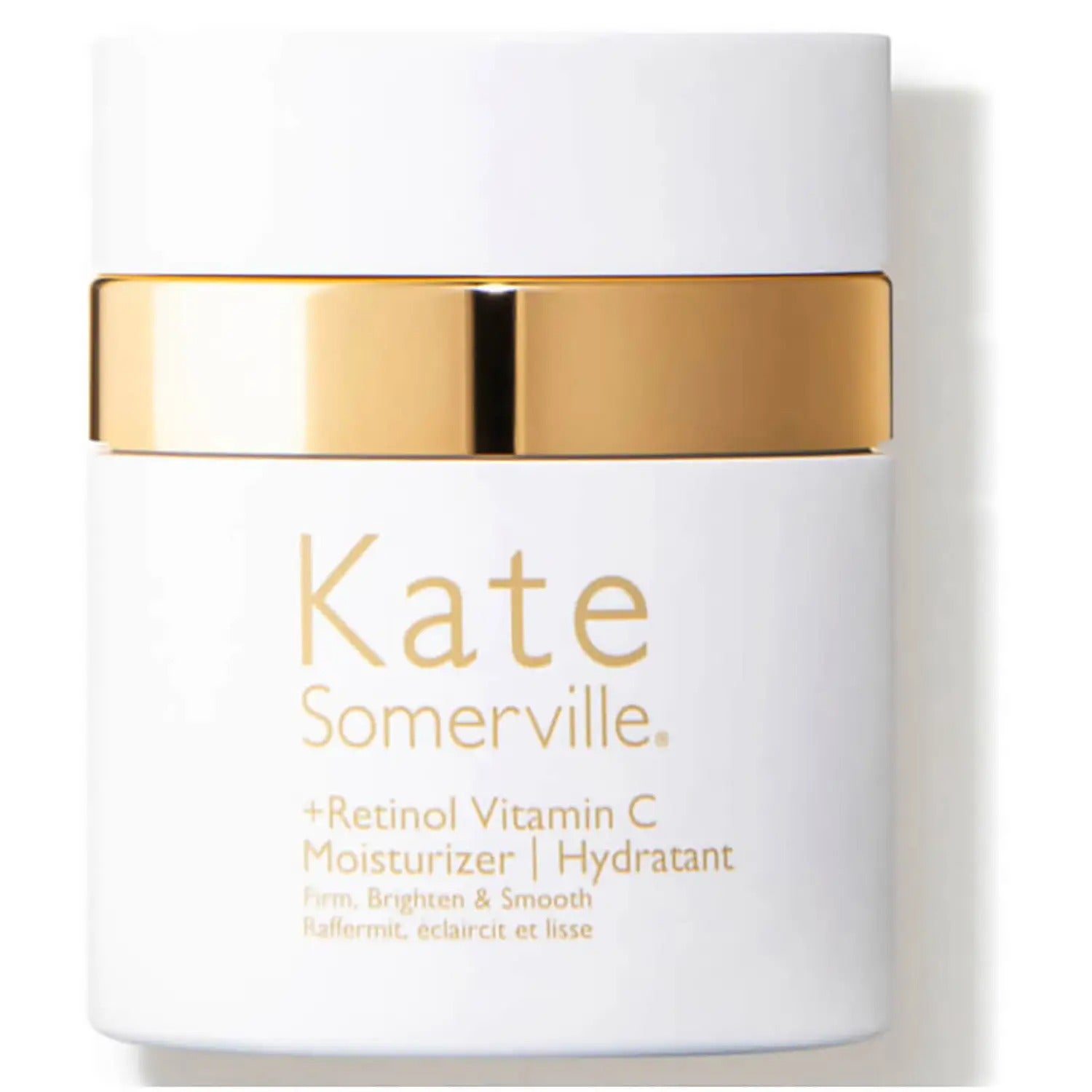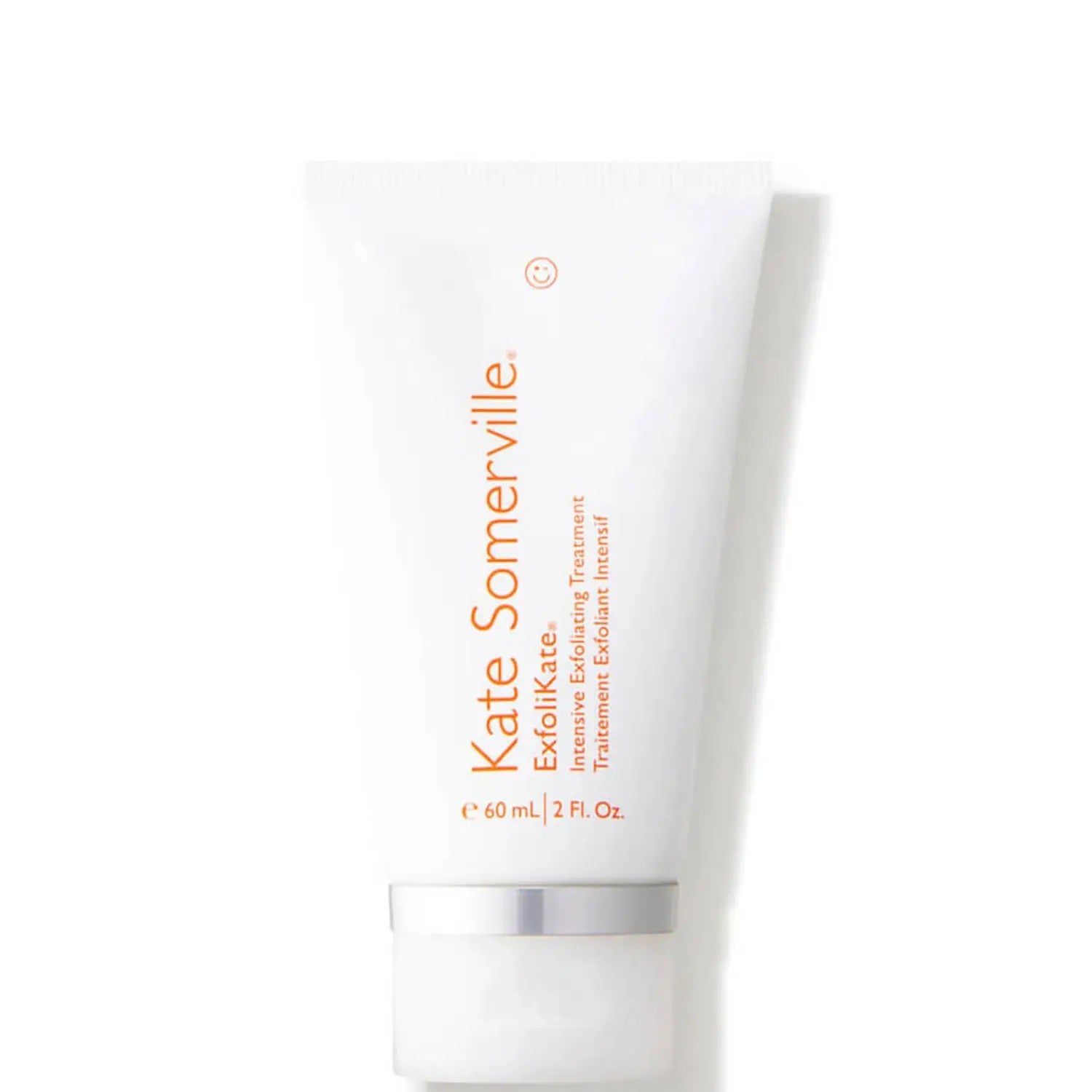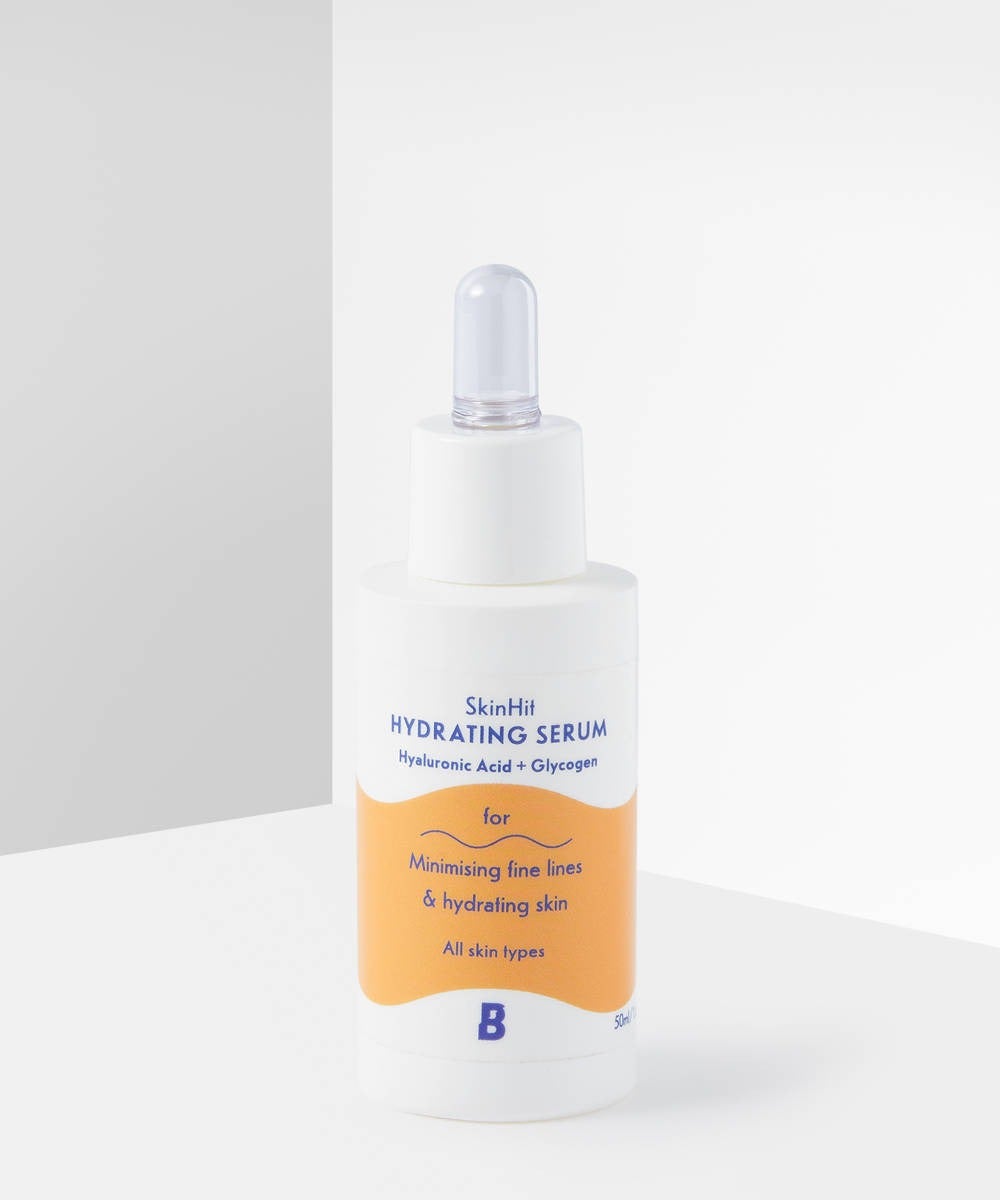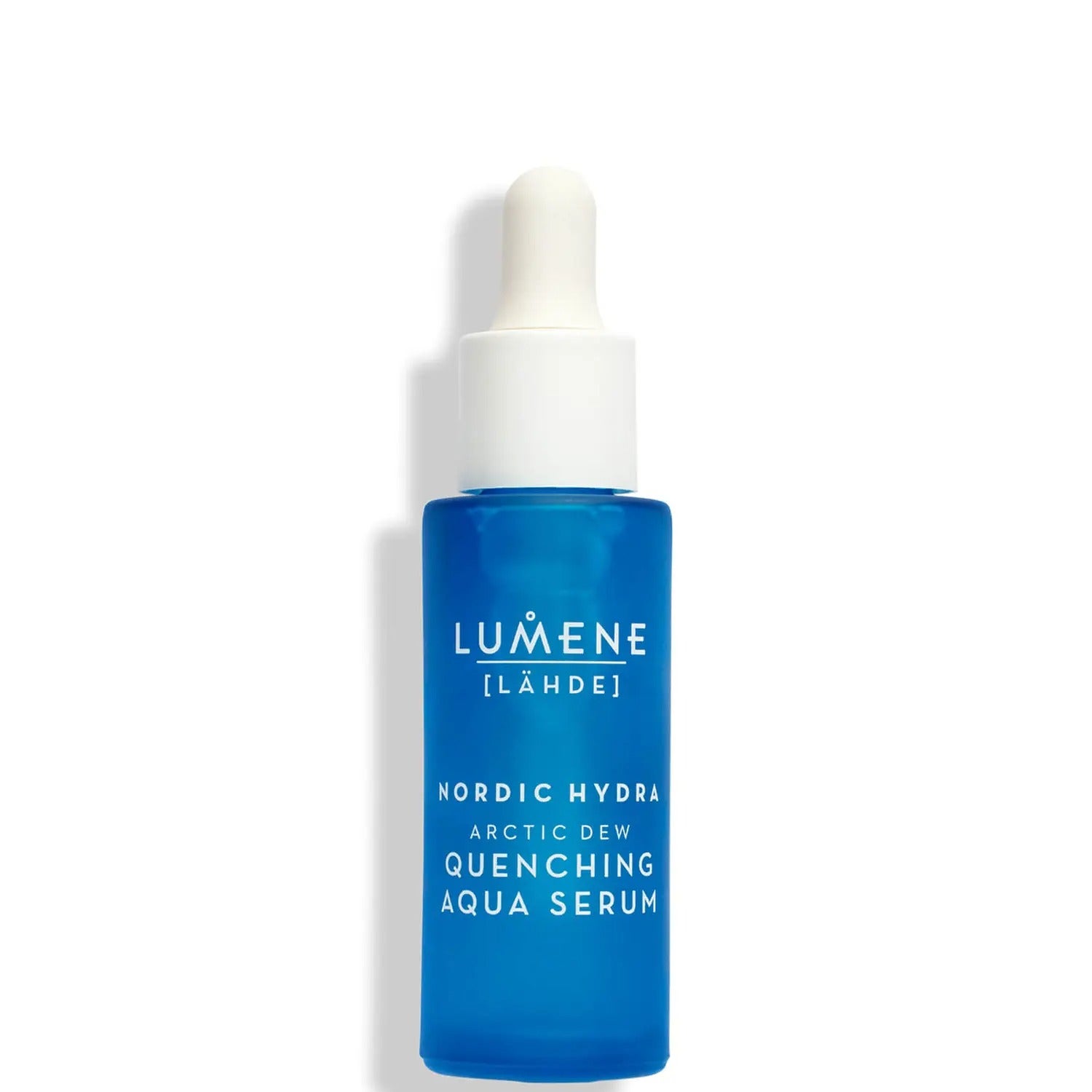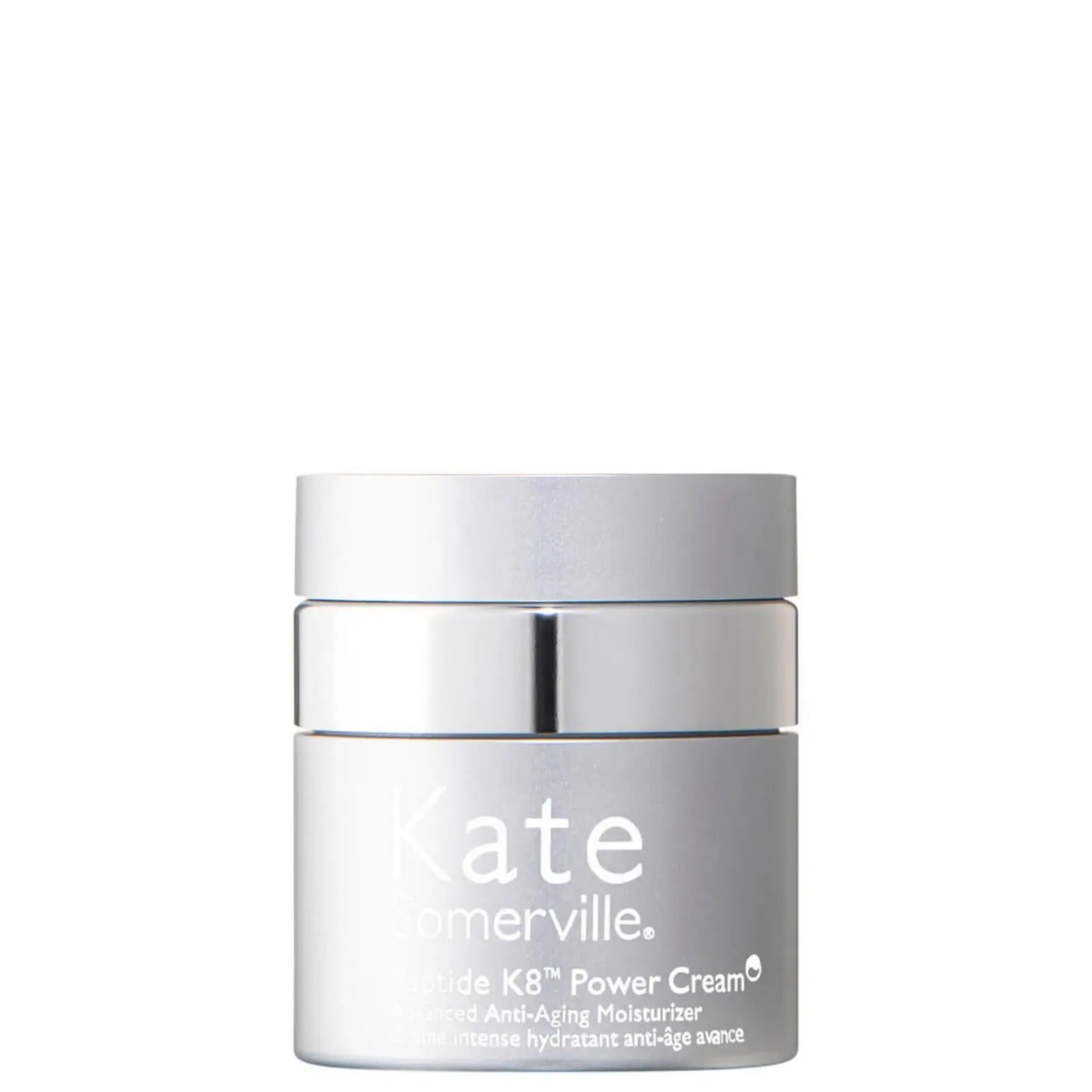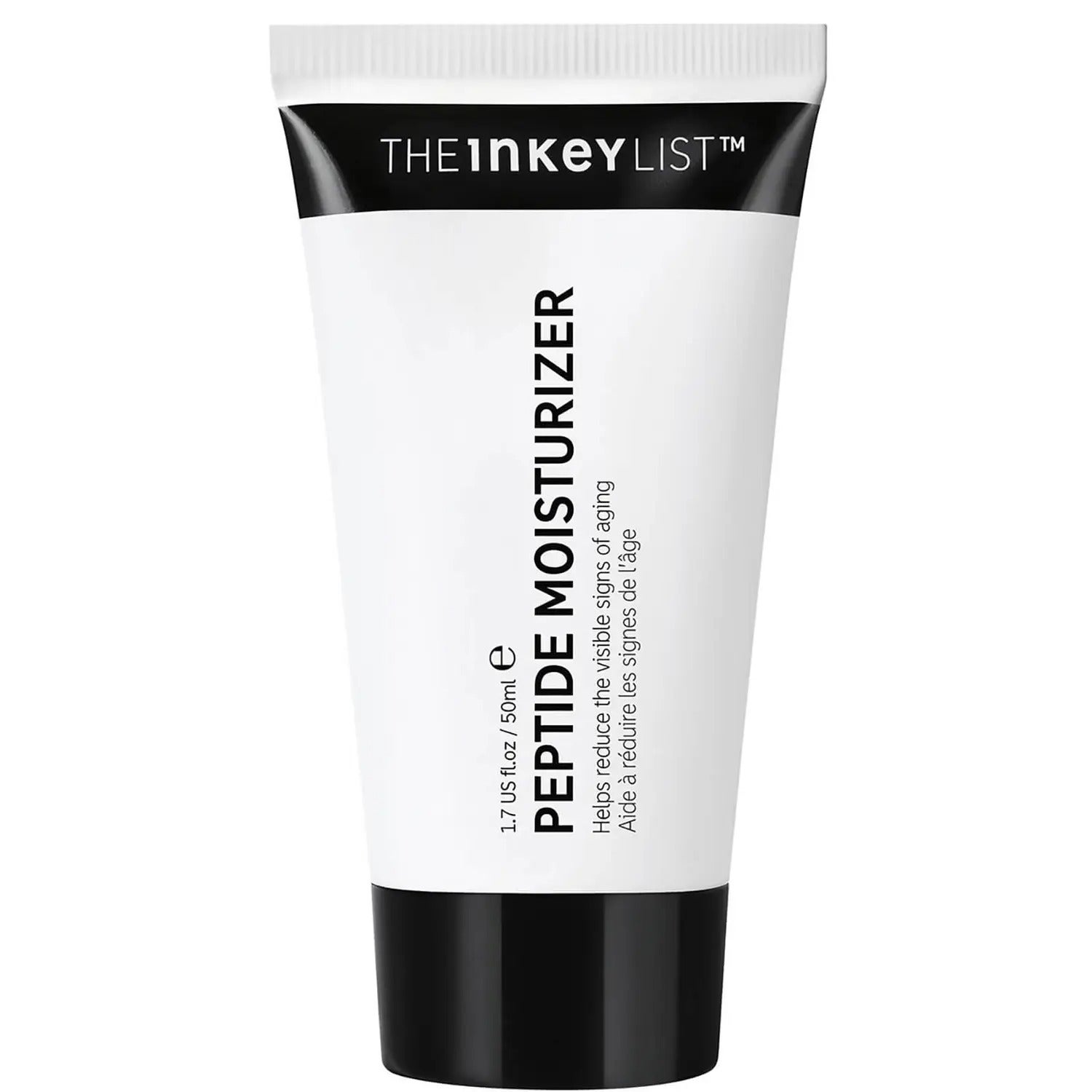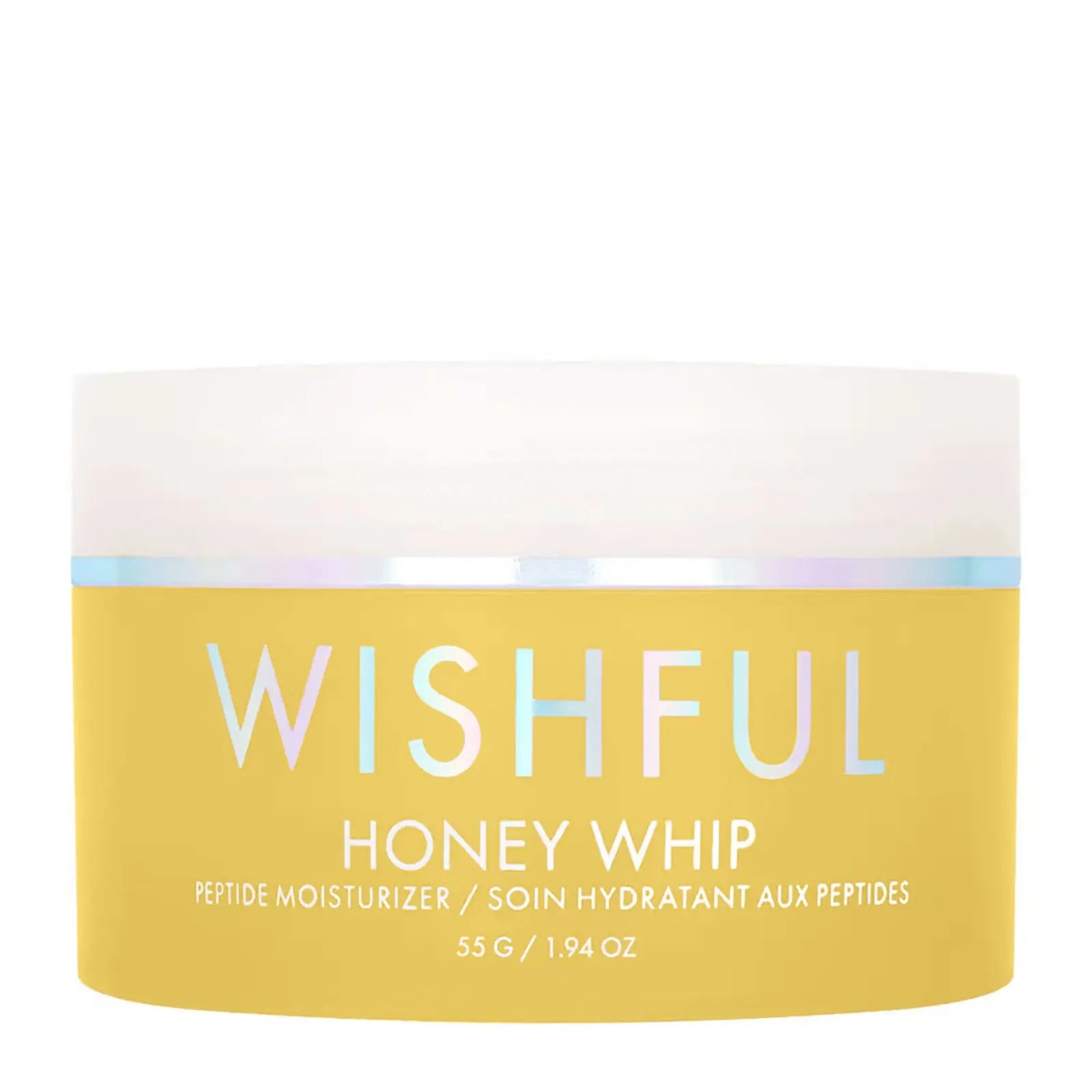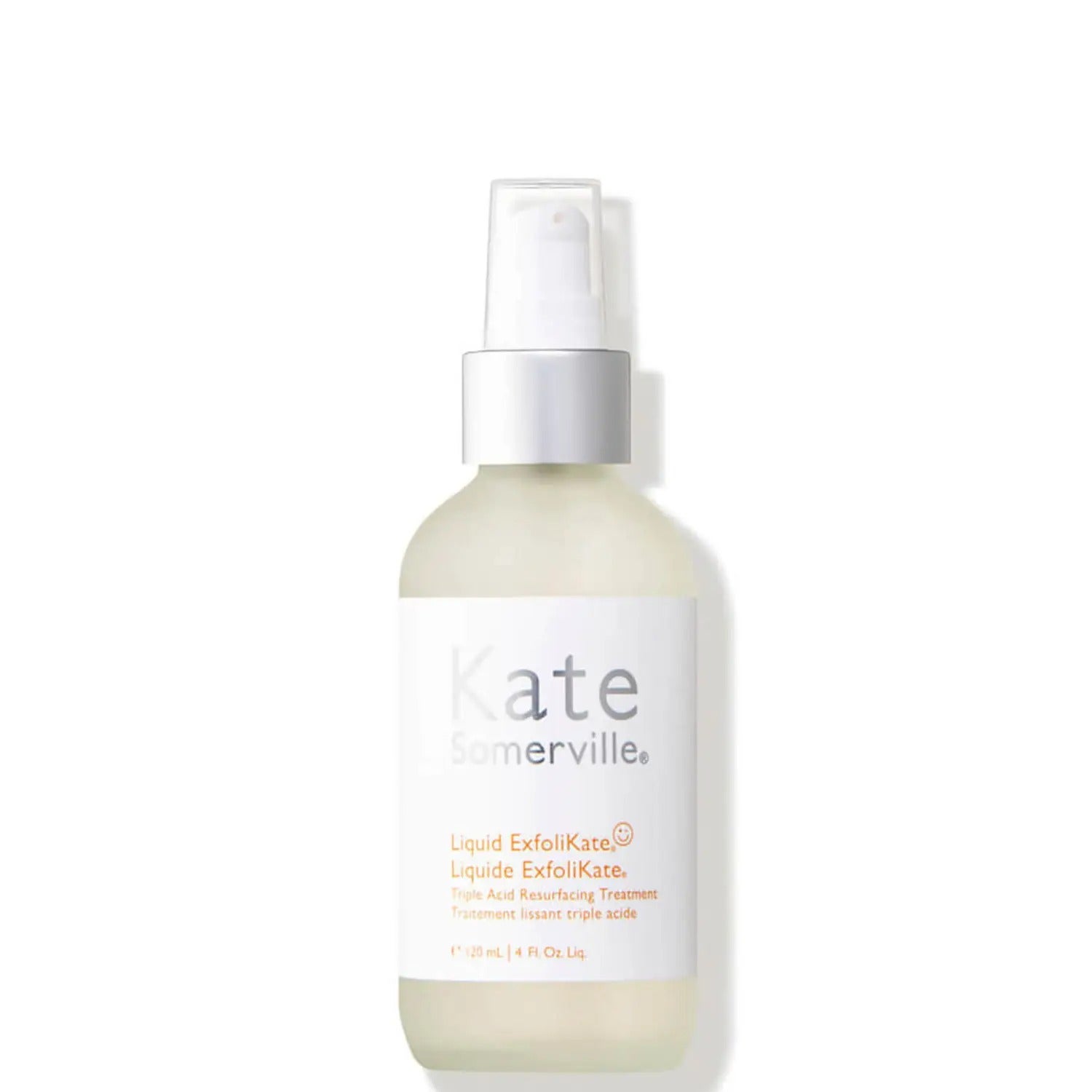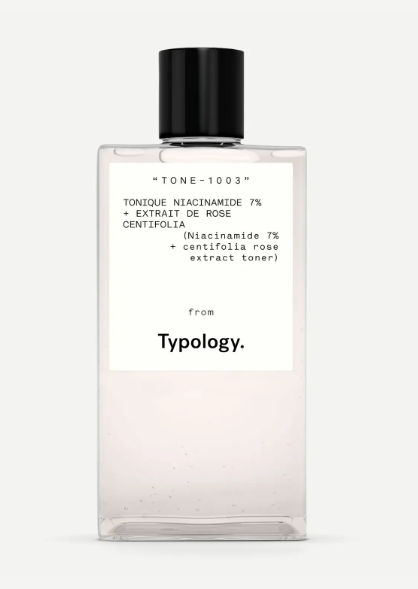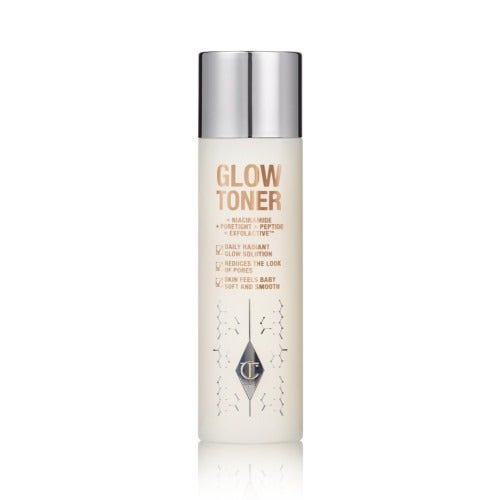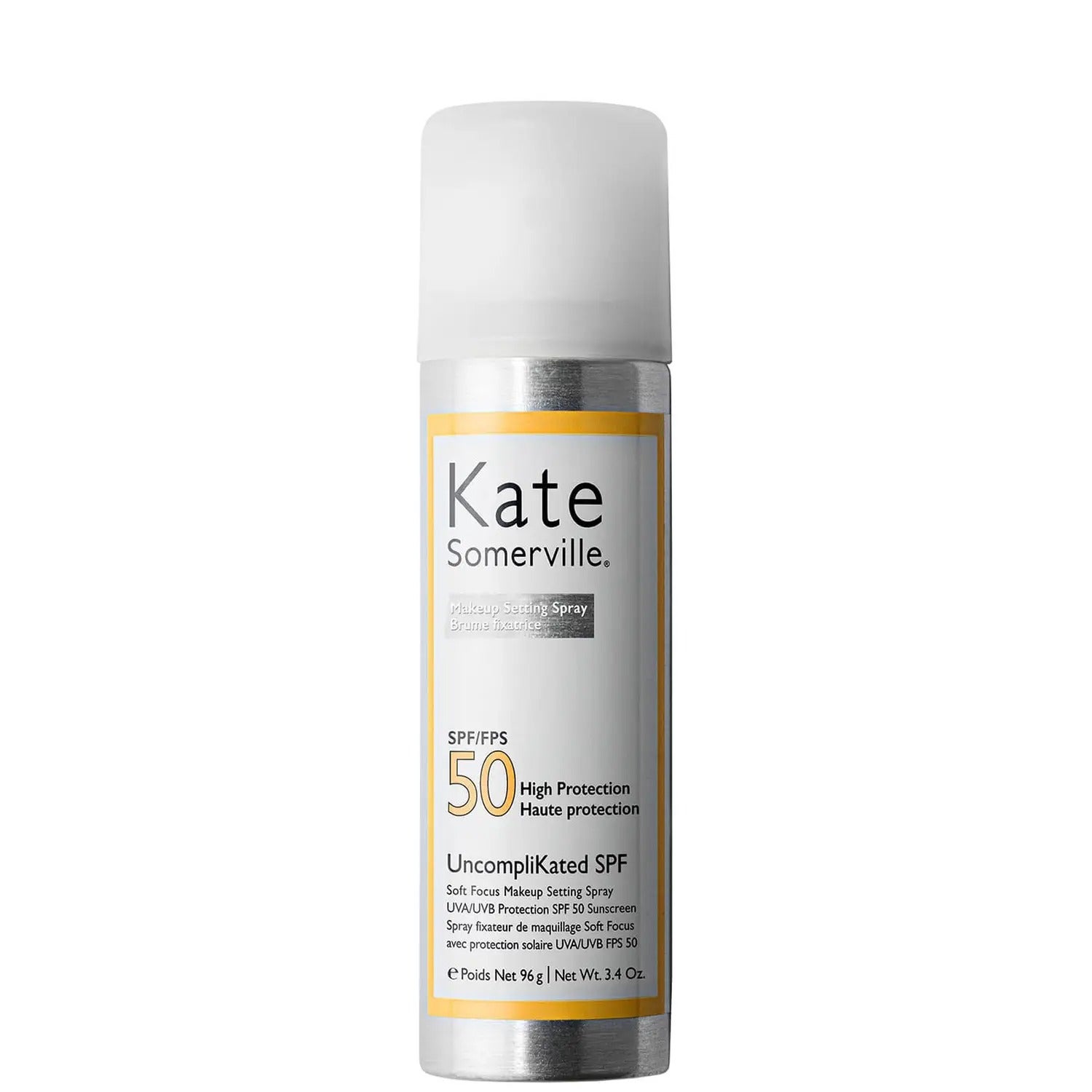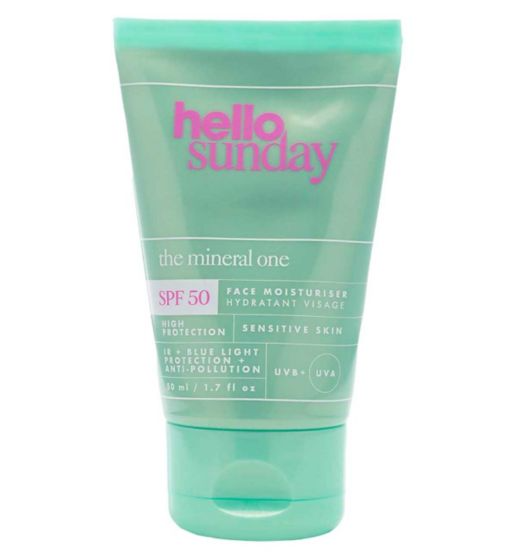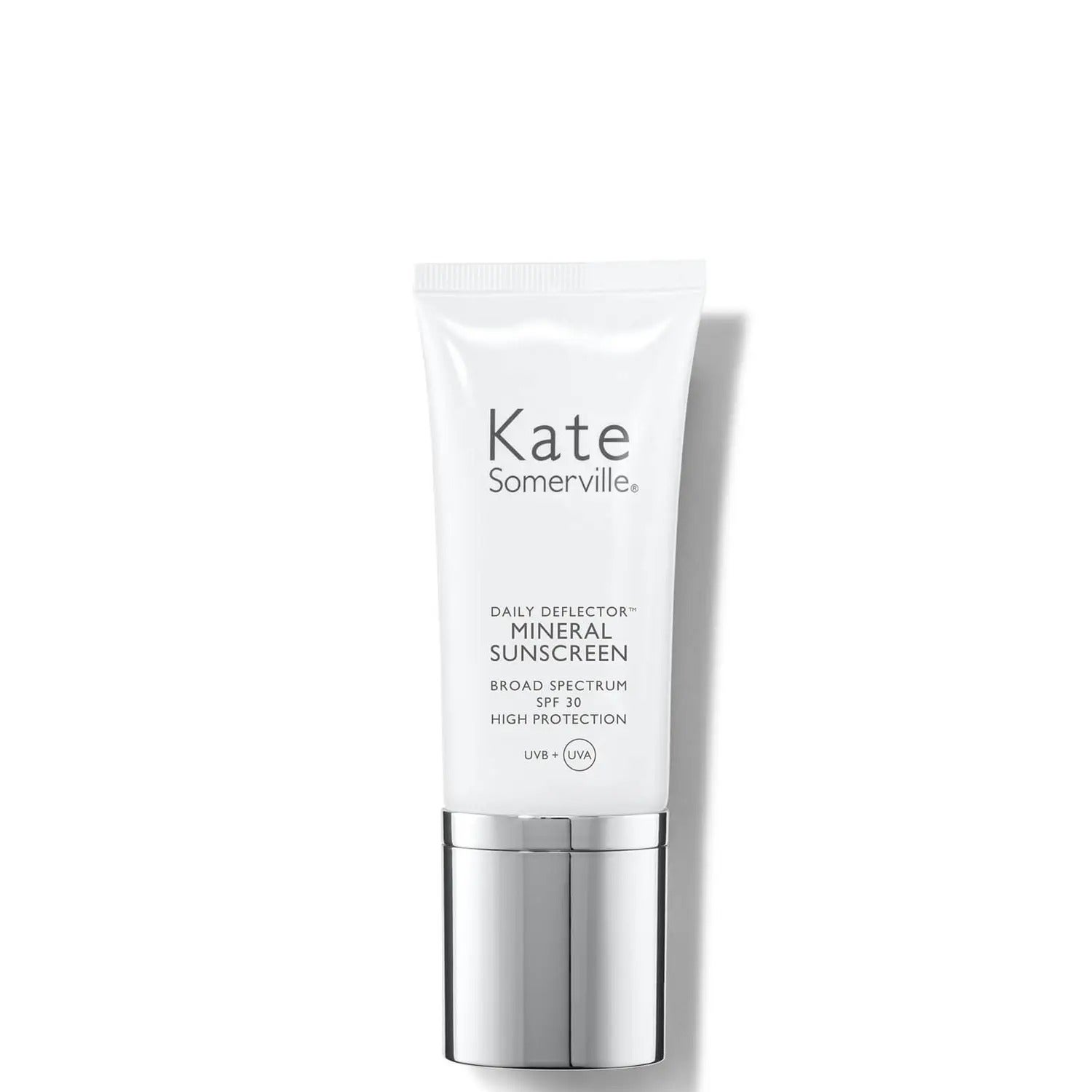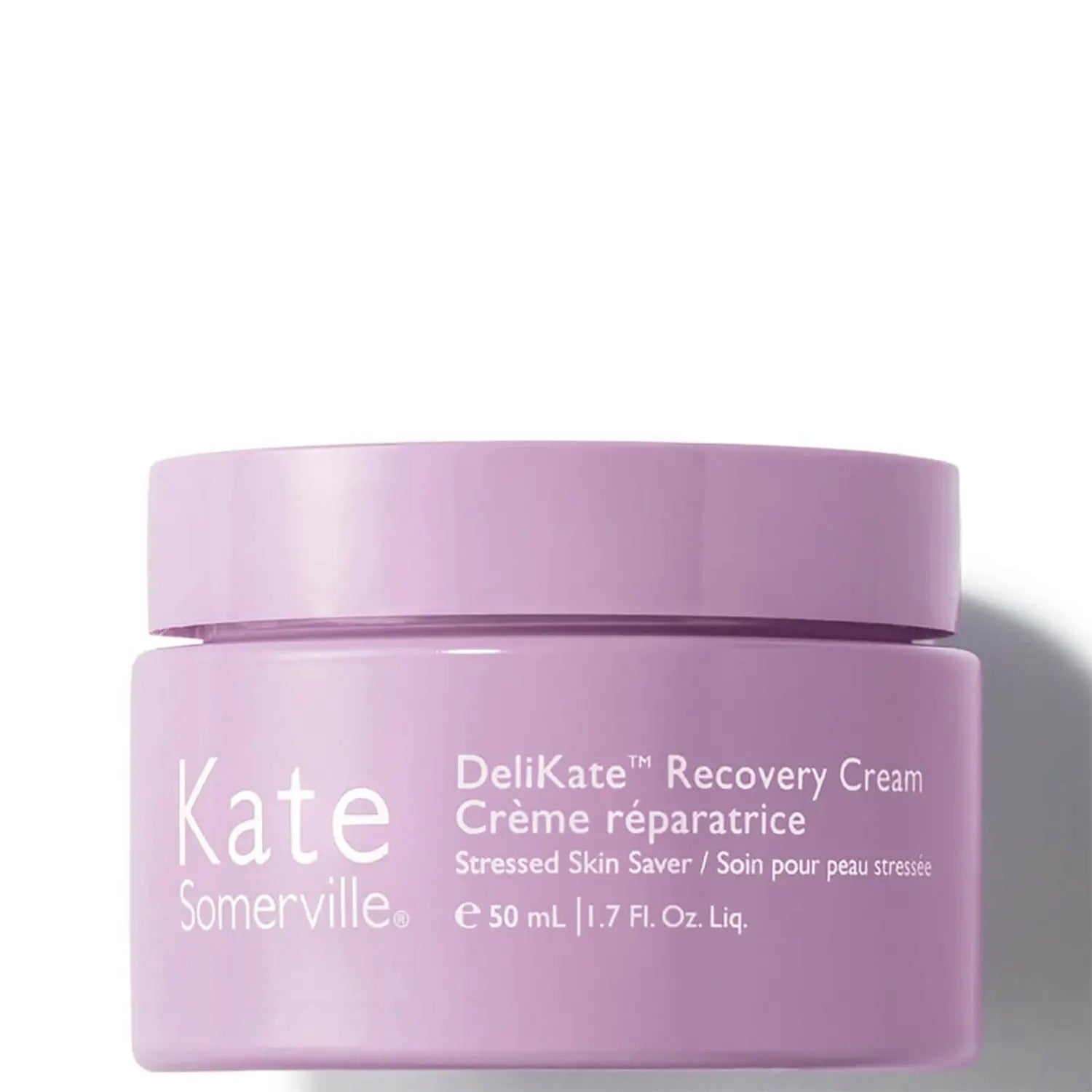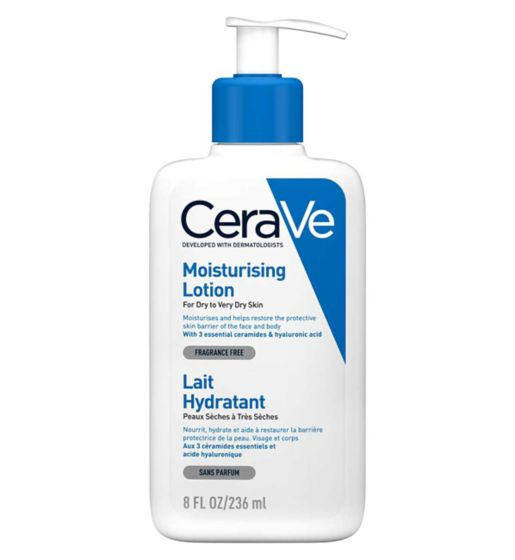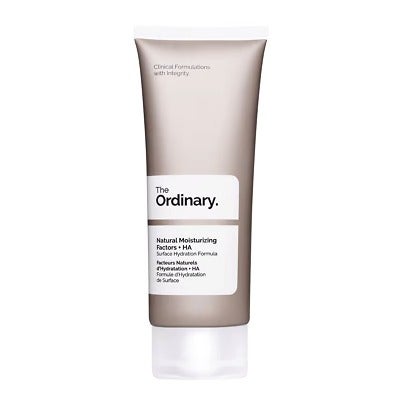Skincare Rules To Live By In A Heatwave, By A Top LA Facialist
Photographed by Sarah Harry-Isaacs.
Ask any beauty expert what they make of Kate Somerville skincare and you're bound to hear lots of praise. Meghan Markle and Drew Barrymore are just a couple of celebrity fans of the cult ExfoliKate treatment, while its new blemish range already has Instagram's viral aestheticians obsessed. But not very many people know about the mastermind behind the buzzy brand.
AdvertisementADVERTISEMENT
Happily, Kate had a little time to sit down with me to talk all things skincare and the topic of conversation was, of course, this ungodly heatwave. All the tips and tricks I learned might just convince you to tweak your summer skincare routine for the better...
Get antioxidants on your skin
If your skincare routine consists of exfoliating acids (such as glycolic, lactic and salicylic acid) or another strong ingredient like retinol, Kate would recommend supplementing your AM or PM regime with antioxidants as these ingredients can all make skin sensitive to sunlight. Popular antioxidants include vitamin C, vitamin E and ferulic acid.
"Getting antioxidants on your skin is really important because they're able to fight free-radical damage," says Kate. Free radicals can be anything from UV rays to pollution and it's an antioxidant's job to deflect them, in turn protecting the skin. You might opt for an antioxidant serum, then apply your moisturiser and a sunscreen. In the summer months, however, Kate likes to trim down her skincare. You could skip your serum step and try an antioxidant moisturiser instead, followed by sunscreen.
Dilute your intense skincare products, like acids and retinol
The likes of retinol, exfoliating acids and vitamin C can be very effective but they also have the potential to cause irritation. In summer, when skin is already at risk from the sun's harsh rays, Kate suggests buffering your intense skincare by layering a hyaluronic acid serum underneath.
AdvertisementADVERTISEMENT
"In clinic, we do this with the ExfoliKate Intensive Exfoliating Treatment, £78. What this does is almost slow down the product a little bit." Kate finds this particularly useful when it comes to vitamin C, which can make skin tingle on application. "If you're super sensitive to vitamin C, do your hyaluronic acid step first and then apply your vitamin C. You'll notice you won't get as much irritation."
Look for a moisturiser which contains peptides
Kate has extolled the virtues of peptides (essentially proteins, which build and repair skin tissue) for years. But it's only recently that skincare brands have got on board with the wonder ingredient. In fact, Kate says that it's peptides which have kept her skin as youthful as possible without irritation.
"Lots of skincare experts and aestheticians tend to throw so much retinol, vitamin C — and even niacinamide lately — at the skin. That's all too much for some people. But when you use peptides, you never have to worry that you're going to react like you might when using the above." Kate explains that peptides are clinically proven to help the skin build collagen but they're also much-loved for their gentle nature.
She says that peptides are even overtaking skin-smoothing ingredients like lactic acid. "If you talk to a lot of aestheticians, we all love lactic acid because it's so effective but not too harsh. It gets the job done. For me, though, out of all the youthful skin ingredients, I like peptides. No one has to hold your hand while using an ingredient like this."
AdvertisementADVERTISEMENT
Try Kate Somerville Peptide K8 Power Cream, £132, which can be used morning and evening. R29 also rates The Inkey List Peptide Moisturizer, £14.99, and Wishful Honey Whip Peptide Moisturizer, £37.
Cut back your retinol use
Retinol has an exfoliating effect on skin and can make it very sensitive to sunlight. Cue potential skin burns (and even blisters if you're basking in the hot sun) as well as hyperpigmentation later down the line. The expert advice is to use a broad spectrum, high factor sunscreen during the daytime but Kate says it might be a good idea to strip back your retinol usage in the summer.
"If you use retinol four or six days a week, cut it back to three," advises Kate. "You don't have to do it every day. In the summer, a lot of people are spending more time outdoors and going on holiday. You run the risk, especially if you're prone to pigmentation, of exacerbating it. So I tend to back off."
Rethink double cleansing
Sweat and face grease are synonymous with scorching weather so you'd be forgiven for practising double cleansing — washing your face twice — at the end of the day. That said, Kate isn't a fan. "I'm not a double cleanser. Even with my acne clients, I don't have them double cleanse. I just make them use the right cleanser for their skin type." Kate explains that a cleanser tailored to your skin type — whether oily (in which case you might like a foaming cleanser), 'normal' to combination (try a gel cleanser) or dry (go for a cream-based cleanser) — is your best bet.
AdvertisementADVERTISEMENT
"Unless you're using a really creamy cleanser, I find that double cleansing tends to strip the skin's natural oils," said Kate. "It can also hurt the microbiome of the skin [the friendly bacteria that sits on top] because there's good stuff happening as well as bad." Instead of cleansing twice, Kate prefers a swipe of toner to eradicate every last scrap of makeup or daily grime. "I like to recommend the Liquid ExfoliKate Triple Acid Resurfacing Treatment, £58, because its base is really mild. My acne clients use this as their second step — almost as a second cleanse — because it exfoliates and gets all of the beauty products, dirt and grime out of the skin."
If you'd rather not opt for something acid-based, try Charlotte Tilbury Glow Toner, £40, or Typology Unifying Toner 7% Niacinamide, £19, on a cotton round. Both enlist niacinamide, which minimises excess oil production and protects the skin barrier.
Practise sunscreen layering
How you apply sunscreen is super important, said Kate, who warns that most of us use nowhere near enough. As a rule of thumb, it's half a teaspoon for your face and ears — not forgetting your eyelids and the bridge of your nose. In her own routine, Kate uses a mineral sunscreen (Daily Deflector Mineral Sunscreen, £46) consisting of zinc, which she says is like a blackout curtain against the sun. If you're in the sun, SPF does need reapplying. When at the beach, Kate reaches for a top-up SPF spray (UncompliKated SPF50 Soft Focus Makeup Setting Spray, £34). "This spray is like your sheer curtain for the skin."
AdvertisementADVERTISEMENT
Look out for hydrating ingredients in moisturisers and serums
Kate usually opts for a much lighter moisturiser in the summer months but when switching things up she'll always look out for a handful of hydrating components on the ingredients list, as the sun can zap skin of water. Her skincare is chock-full of the likes of hyaluronic acid, sodium hyaluronate (another form of hyaluronic acid which penetrates the skin a little deeper) and ceramides, which hydrate and keep the skin barrier intact.
If your skin gets uncomfortably red in the summer thanks to sun and allergies, try DeliKate Recovery Cream, £69. If you have a smaller budget, R29 likes CeraVe Moisturising Lotion, £10, and The Ordinary Natural Moisturizing Factors + HA, £6.80.
Refinery29's selection is purely editorial and independently chosen – we only feature items we love! As part of our business model we do work with affiliates; if you directly purchase something from a link on this article, we may earn a small amount of commission. Transparency is important to us at Refinery29, if you have any questions please reach out to us.
AdvertisementADVERTISEMENT







